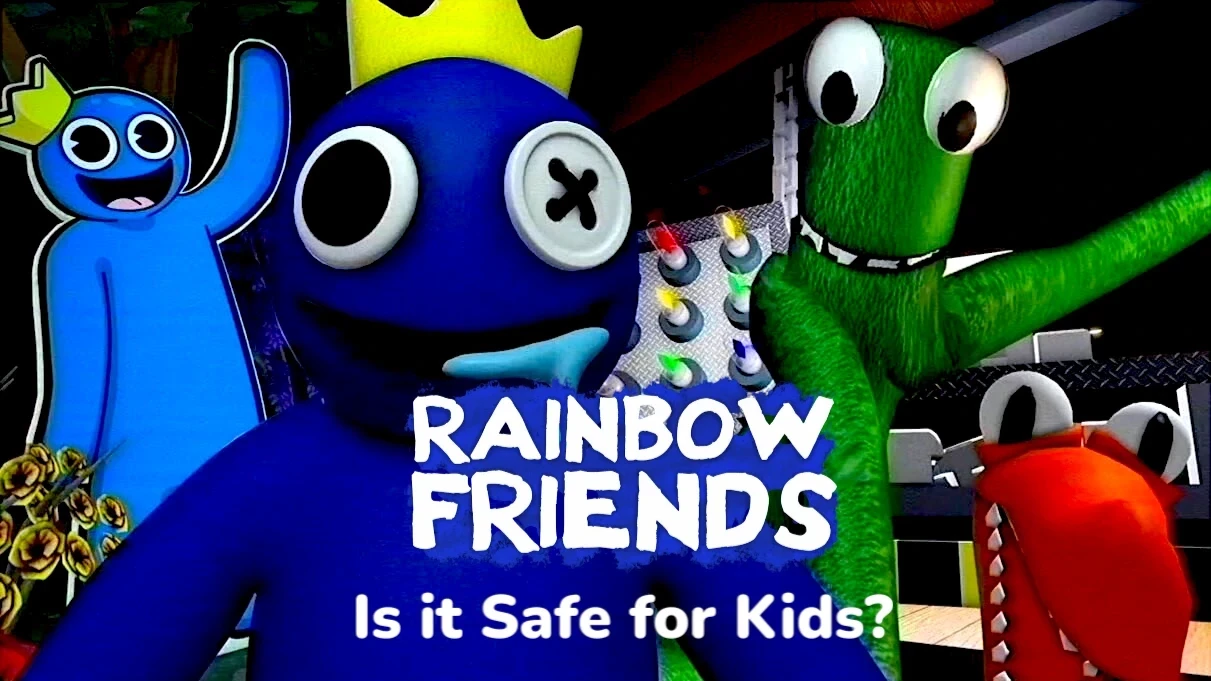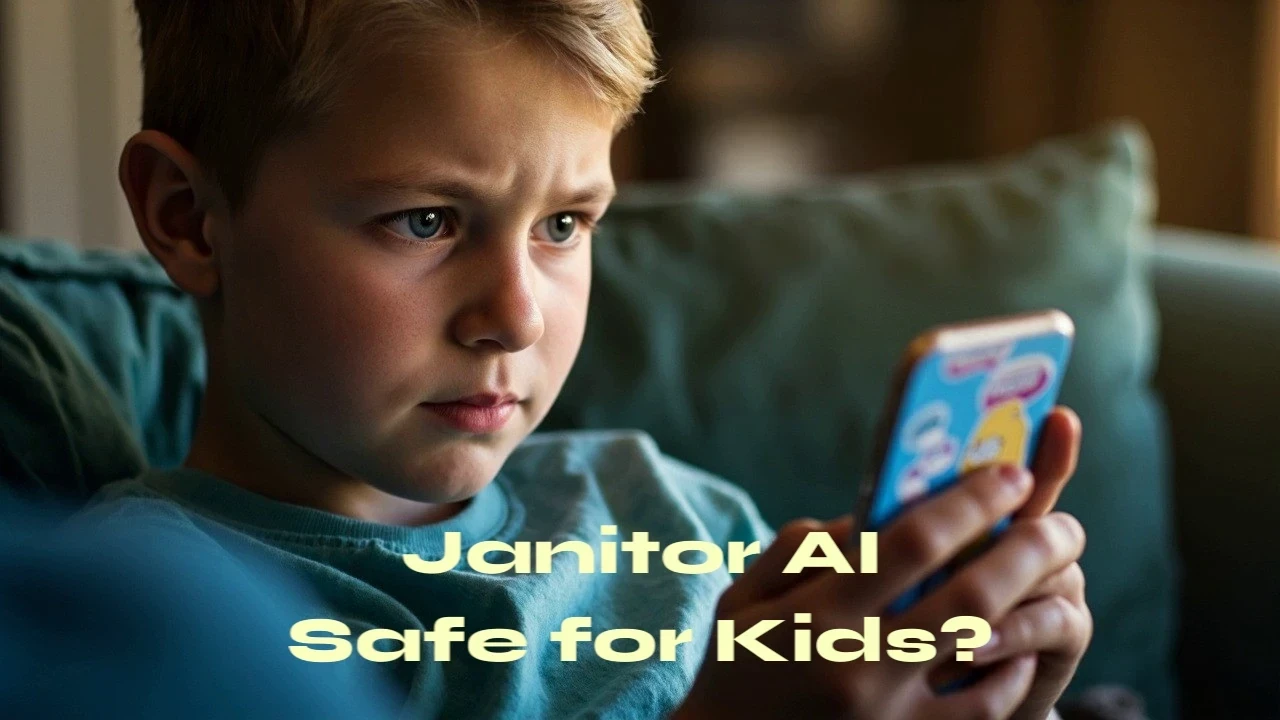
What Does KYS Mean? A Parent's Guide to Teen Slang
In today's rapidly evolving digital landscape, slang terms among teenagers emerge and change at a lightning pace. Understanding these expressions is crucial for parents striving to maintain open communication and ensure their children's online safety. One such term that has garnered significant attention is "KYS." This guide delves into the meaning of KYS, its origins, usage among teens, and offers strategies for parents to address this slang effectively.
KYS Meaning and Origin
What does KYS mean?
The abbreviation “KYS” is usually interpreted as “Kill Yourself”. At first glance, this expression seems cruel and unacceptable, but among teenagers it can be used in various contexts, not always implying a real threat. In some cases, the abbreviation “KYS” is interpreted as “Keep Yourself Safe,” but this interpretation is much less common.
Origin and evolution
Initially, “KYS” was used in internet culture to express extreme dissatisfaction or irritation. Over time, due to frequent use, the meaning of this expression changed, and it became part of youth slang. Despite this, it is important to understand that even in a slang context, such words can have serious consequences.
Use of KYS on Social Media and Messengers
Who uses this abbreviation more often and where? KYS is predominantly used by teenagers and young adults on platforms like TikTok, Snapchat, Twitter, and Instagram. Messaging apps such as WhatsApp and Discord also see frequent usage of this acronym in both private conversations and public interactions.
Why do some networks not block users who use this abbreviation? Many social media platforms lack sophisticated filtering systems to detect and moderate such slang, primarily because KYS can vary in context and isn't always intended as a threat. Additionally, the rapid evolution of slang often outpaces the development of automated content moderation tools, allowing such terms to slip through the cracks.
Why Is the Slang Term KYS Popular Among Teenagers?
Typically, teenagers between the ages of 13 and 19 adopt the term KYS. This age group is highly active on social media and engaged in peer interactions where such language is prevalent. KYS resonates with teens for several reasons:
1. Peer Influence: As with any slang, adoption is often driven by the desire to fit in and be part of the in-group.
2. Anonymity of the Internet: The perceived lack of immediate consequences online emboldens users to employ harsher language.
3. Desensitization: Repeated exposure can desensitize individuals to the severity of the term, making its usage more commonplace.
How Do Teenagers Use “KYS”? Examples of Use
Understanding the context in which KYS is used can shed light on its implications:
1. In Text Messages:
- "I can't believe you did that, KYS." Here, it's used as an insult to express extreme frustration.
2. On TikTok:
- A meme might depict exaggerated reactions, ending with "KYS" to emphasize a joke about minor inconveniences.
3. On Snapchat:
- Teens might use KYS in quick chats to react to disappointing events or as a form of banter among friends.
4. In Online Gaming (Discord):
- During competitive gameplay, a player might type KYS in moments of high tension or rivalry.
While these examples illustrate varied contexts, it's crucial to recognize that KYS can be harmful, even if intended humorously or emotionally charged.
My Child Uses KYS: How to Talk to My Child About Slang
Psychological Impact: The usage of KYS isn't merely a harmless trend; it can have profound psychological effects. Casual use may desensitize both the speaker and the recipient to self-harm, potentially exacerbating mental health issues. Moreover, victims of such language might experience increased feelings of isolation, depression, or anxiety.
Why It’s Not Just a Joke: Even if KYS is used in jest, it can undermine the severity of self-harm topics, making it a dangerous form of communication. Repeated exposure to such terms can normalize harmful expressions, blurring the lines between playful banter and genuinely concerning language.
How to Talk to Your Child About the Use of Slang:
1. Open Dialogue: Encourage honest conversations about the language they encounter and use. Ask about new terms and their meanings.
2. Educate on Implications: Explain the potential harm that words like KYS can cause, emphasizing empathy and the importance of respectful communication.
3. Set Boundaries: Establish clear guidelines regarding the use of hurtful or harmful language.
4. Promote Critical Thinking: Teach your child to assess the impact of their words on others and themselves.
Employing these strategies fosters a supportive environment where teens feel comfortable discussing their online interactions without fear of judgment.
How Can Parental Control of Messengers and Social Networks Help?
Parental control tools, like the Kroha app, play a pivotal role in monitoring and managing a child's online activities. These tools offer several functionalities that can aid parents in understanding and regulating the use of slang like KYS:
1. Activity Monitoring: Track conversations across various messengers and social networks to identify the usage of harmful slang.
2. Content Filtering: Block websites that contain inappropriate content.
3. Usage Reports: Provide detailed reports on app usage, helping parents gauge the extent of their child's online interactions.
4. Geo-Location Tracking: Ensure the child's safety by knowing their physical whereabouts, complementing the digital monitoring.
By leveraging Kroha's parental control features, parents can gain insights into their child's online behavior, facilitating informed discussions and proactive measures to curb the use of detrimental slang terms.
Navigating the intricate world of teen slang like KYS requires parents to stay informed and engaged. While slang can enhance peer connections, certain expressions carry significant risks that necessitate careful consideration and open dialogue. By understanding the meaning, origins, and usage of KYS, and utilizing tools like Kroha's parental control, parents can effectively guide their children towards safe and respectful online communication.
Recent articles
Rainbow Friends Safe for Kids? Parent's Guide
In today's digital age, children are increasingly drawn to interactive games that captivate their imagination and provide endless entertainment. One such game that has gained substantial popularity among young audiences is Rainbow Friends. As parents, understanding the safety and impact of these games on your child's development is crucial. This guide delves into the world of Rainbow Friends, exploring its origins, characters, safety assessments, and expert opinions to help you make informed decisions about your child's gaming habits.
Is Janitor AI Safe for Kids? A Parent's Guide
In today's digital age, artificial intelligence (AI) has permeated various aspects of our lives, including tools and applications designed for children. One such tool that has quickly gained popularity among countless young people is Janitor AI, an AI-powered chatbot. As parents, understanding the safety and impact of such technologies on children is crucial. This guide delves into what Janitor AI is, how it works, its safety for kids, and offers practical tips for parents to ensure a secure and positive experience for their children.

